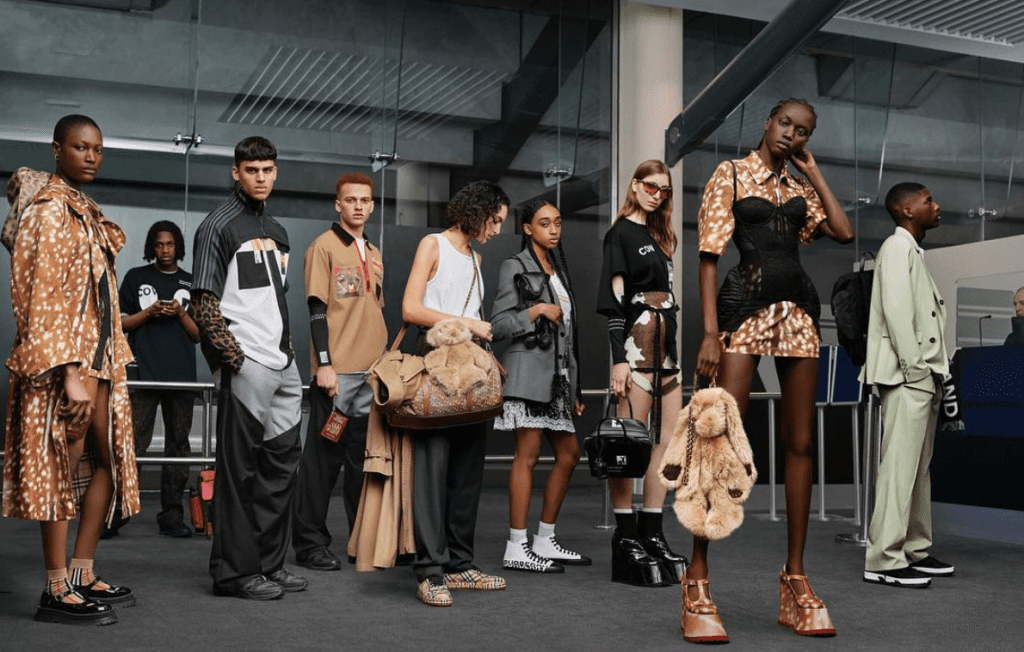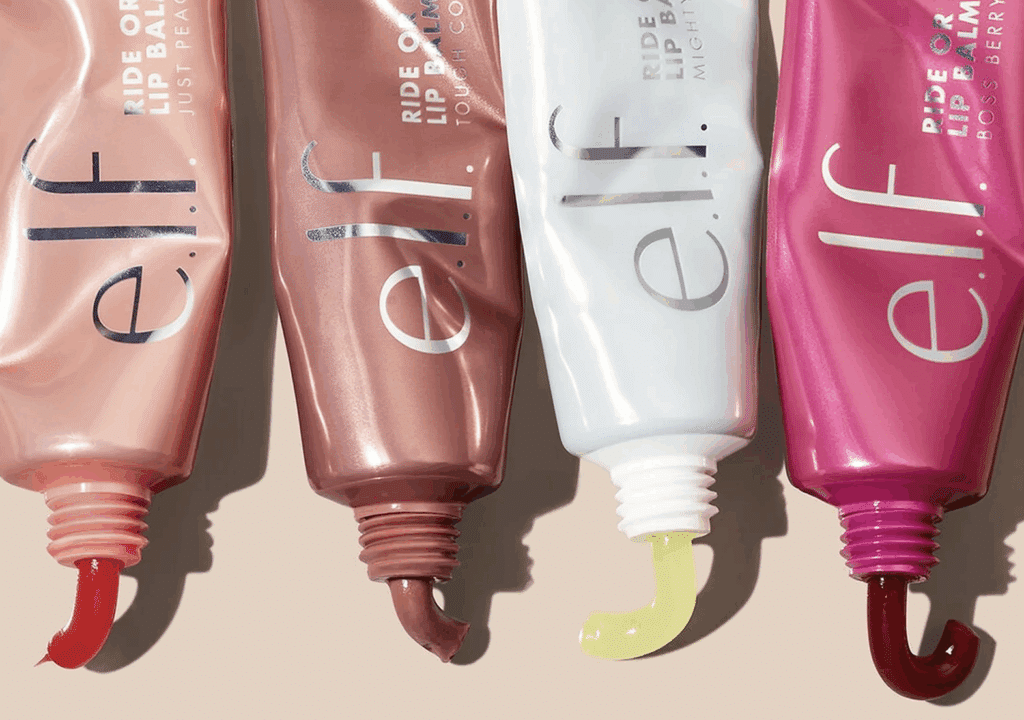The reality of a particularly messy Brexit is looming, with British Parliament rejecting not one but two deals proposed by Theresa May as to how the United Kingdom will leave the European Union. A “no deal Brexit,” as it has been coined, will see the UK withdraw from the EU on March 29, 2019 with no agreements in place to guide the relationship between Britain and the remaining 27 EU member states.
While a “no deal” Brexit “does stop the UK from leaving [the EU], it means there is absolutely no clarity about what happens,” including in terms of existing trade deals, which allow for the free – and easy – movement of goods between EU member countries, says Dr. Simon Usherwood, a politics professor at the University of Surrey.
That uncertainty is precisely what has “many corporations, as well as small and medium-sized enterprises and suppliers, preparing” for a messy ouster, according to Gabriele Suder, the director of the International CEO Forum at the University of Melbourne. These companies “know – as the global financial crisis showed all too clearly – that uncertainty leads to consumers cutting back on spending, businesses streamlining, closing or at least partially relocating; and financial markets demanding greater risk premia to lend.”
“Multinationals with operations in the UK are highly exposed to increasing costs, rising backlogs and uncertainties about whether they can move goods across borders in light of Brexit,” she says. With that in mind, no shortage of British firms, and those that operate in the British market, are stockpiling their goods, while moving non-essential assets – and in some cases, manufacturing – out of the UK and into mainland Europe.
Early this year, LVMH Moet Hennessy Louis Vuitton – the parent company of fashion brands like Louis Vuitton, Dior, and Celine, among others, and spirits companies, such as Moet & Chandon, Dom Pérignon, and Veuve Clicquot – began bulking up its wine and spirits inventory in Britain. “We are ready for the worst case scenario if there were difficulties with deliveries,” executives said on LVMH’s fourth-quarter earnings conference call, as reported by Bloomberg, noting that the UK represents 4 percent of the group’s revenue.
According to a recent article from Ms. Suder, “Nissan has announced it will not build its new sports utility vehicles in England, Honda is closing its UK operations, while Credit Suisse, Goldman Sachs, JPMorgan, Morgan Stanley, and Citigroup and HSBC have moved ownership of European subsidiaries and/or assets from London to remaining EU countries.”
Tamara Cincik, the founder of think tank Fashion Roundtable, which released a state of affairs report last spring focusing exclusively on how Brexit will impact the fashion industry, told the Evening standard that she knows of “two long-established London brands, one in accessories, one in women’s and menswear, moving to Portugal, and a large fash-tech business looking to relocate its logistics to Italy.”
As for Burberry, the biggest name in British fashion, the brand’s Chief Financial Officer Julie Brown says they are “taking mitigating actions” to address the potential cost of “tens of millions of pounds in tariffs,” as well as the severe disruption to the movement of both its supplies and finished goods.
In case of a no-deal exit, Brown says, “We would ensure that we allocated additional stock to the relevant areas to ensure that customers were not adversely affected, but that would clearly have an impact on the company because we would have to run with higher inventory levels.”
One thing that brands and consumers can almost certainly count on in light of such lingering uncertainly? Prices are set to increase. “Whatever happens, the price of a pair of jeans will, in all likeliness, go up after Brexit,” says Richard Lim, chief executive of research consultancy Retail Economics.














